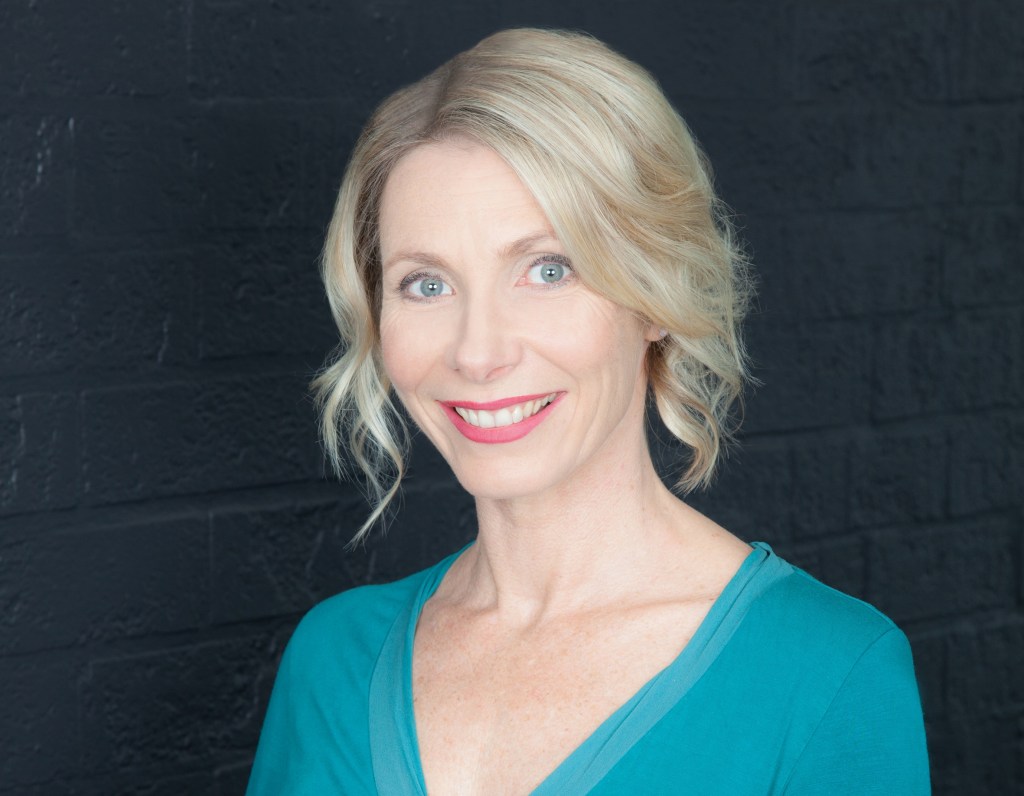A positive relationship with your creativity is the bedrock for a successful screen industry career. Emmy and AACTA Award-winning producer turned screen sector executive coach Ellenor Cox outlines five strategies to supercharge yours.
“Creativity takes courage.”
These beautiful words of Henri Matisse ring true for every creative person, as everytime we express our emotions through our films, writing or music, and present it to the world, we are in effect putting ourselves on the chopping block to be critiqued by everyone on the planet. It’s bold, it’s brave, and it requires a certain level of self-esteem and courage to be so vulnerable, and open to criticism and rejection. After all, how many other industries do you know where professional critics are gainfully employed?
It takes a lot of courage to freely express our creative ideas and to be comfortable with this vulnerability; to making public how we connect our art with our identity. As Ellis Paul Torrance so eloquently put it: “It takes courage to be creative. Just as soon as you have a new idea, you are in a minority of one.”

Courageous creative people are those who’ve learnt the art of not feeling burdened by conformity and who focus their energies instead on what they feel and express through their art. They’ve somehow learnt to grow a tough skin against the seemingly endless rejections, knockbacks or public criticisms of their work.
For many of us however, our creativity is often diluted by the pressure to conform to societal norms or our fear of being judged. However, the start of a new year is a wonderful time to review our relationship with our creativity; to stoke the fires of this essential life blood and to supercharge our creative pursuits.
Here are the top five skills and mindsets that consistently courageous
creative people appear to have in common:
- You can always choose how you react
When someone rejects or attacks your creativity, your first impulse might be to react with a flurry of emotional emails or DMs. It may make you feel better in that moment but it’s just a fleeting emotion. The harder stance, but the better reaction, is to choose to look for lessons from this experience. Decide to turn the other cheek by either ignoring the criticism or distancing yourself from these people in the future. Through our choices we can create a happy and harmonious environment around us, and over time, will become more proficient at ignoring the critics and naysayers.
- Learn to become comfortable with feeling uncomfortable
Unfortunately there is no such thing as the luxury of feeling courage without also feeling fear alongside it. They are permanent if unwilling bedfellows. The trick to mastering this is focus on the small wins whenever we do experience this fear and to reward ourselves afterwards by reflecting on the fact that we were able to handle that discomfort. The more our competency grows at learning to live with discomfort then the more our confidence grows in our ability to handle more challenging emotions.
- Don’t let your fears become bigger than your reality
The adage ‘Whatever doesn’t kill you will only make you stronger’ has stood the test of time for good reason. Breakthroughs occur most often at the end of chaos, but we need to learn to overcome our fears in order to start something. How many projects have not even gotten off the ground because people have been paralysed by all the fears around the ‘What Ifs’. Naming these fears from the outset is a great tool to create momentum. List them all out and then take this to the extreme of what the worst case scenario would look like. Could you survive this no matter how uncomfortable you might find it? If the answer is yes, then take action! Taking action is the quickest and most effective way to reduce our fears around our creativity.
- Focus on your ‘bounce back’ strategies
Resilience is the art of picking yourself up again after rejection and disappointment and moving forward. Don’t shy away from the negative feelings that come up in these moments but instead put a time frame against them. For example, “I’m going to vent in my journal for 30 minutes and feel sorry for myself and then I’m going to do something constructive to make myself feel better”. Get current around what are the things that get you quickly back into a better frame of mind. Could it be a coffee with a friend, a long walk, a cuddle with your pet, a call to your Mum? Don’t take these simple things in life for granted as they are often powerful and easily accessible tools.
- Connect with your inner purpose
Creative people who dare to be courageous often link their creativity to their identity. They feel compelled to pursue their chosen art form. There’s a lot to be said for this, as we all know that there’s safer and more stable career choices that could be made. Remind yourself that your choice to be a creative person is based on you believing that the sharing of your creative ideas is meaningful and valuable. When we hold this attitude then we remind ourselves that our creative pursuits are based on our personal growth and not our desire to show off our competencies. This reminds us of the very personal connection that we have with our creativity and provides the fuel for our courageous fires.


